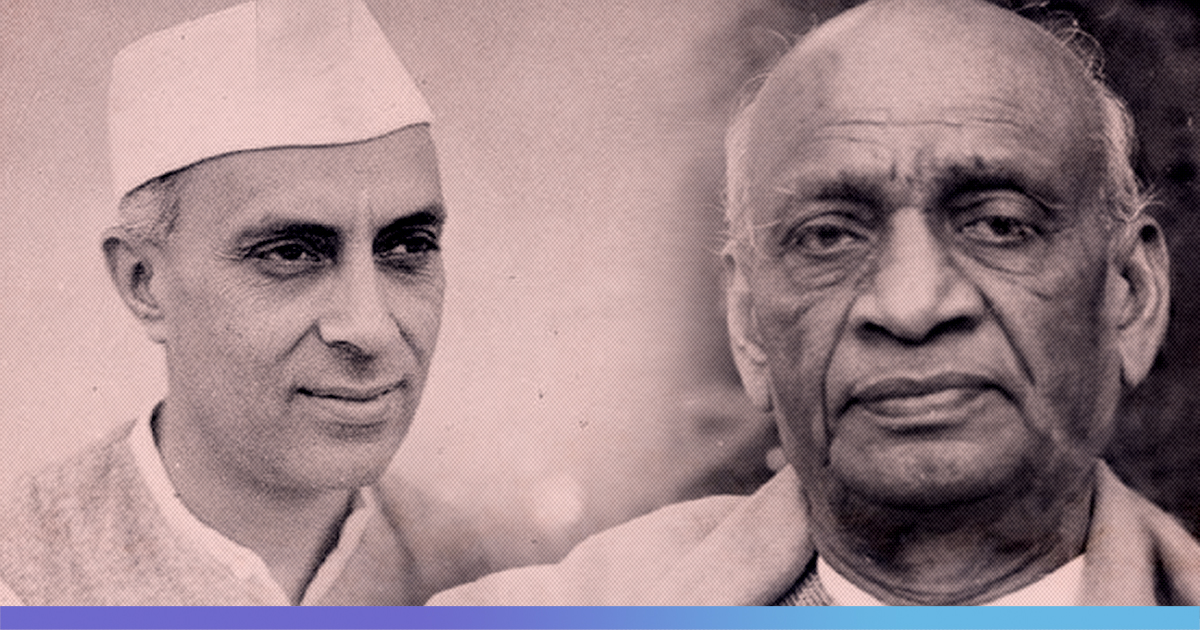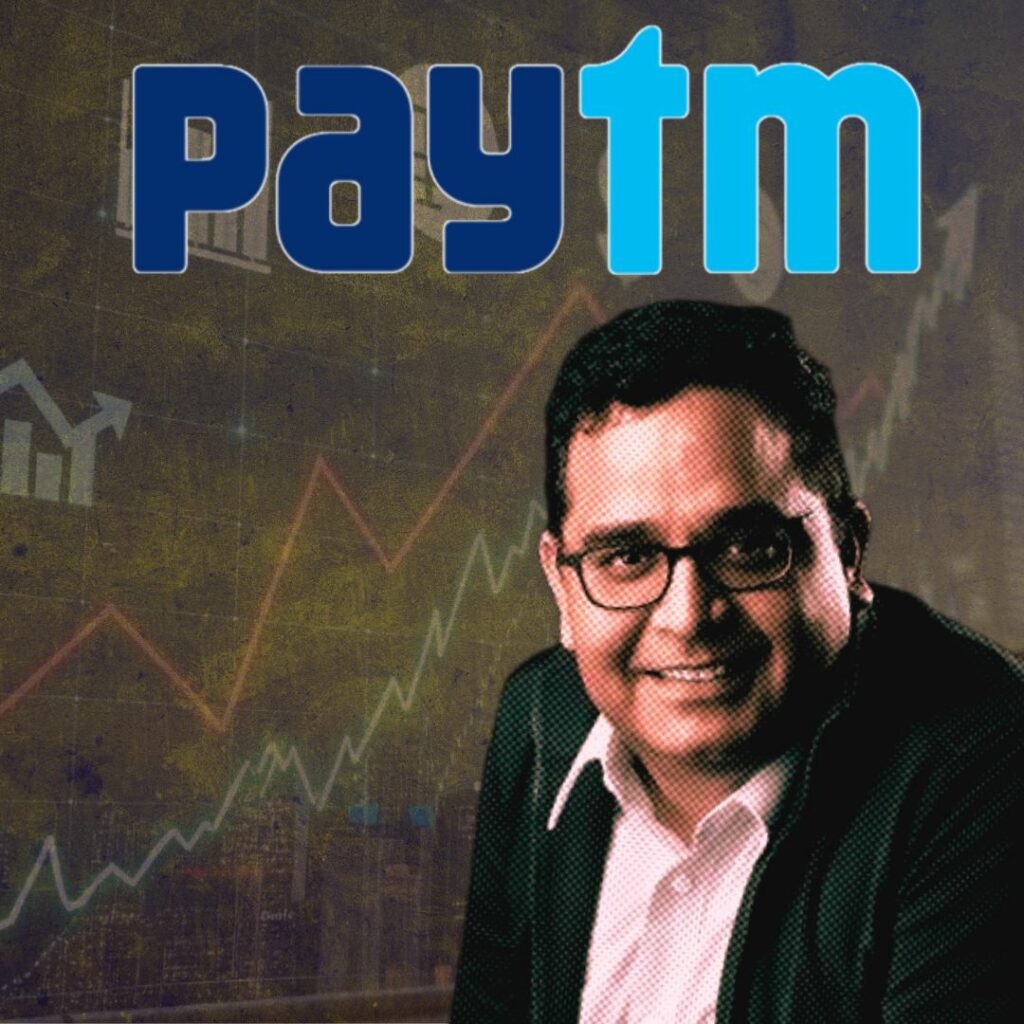Pandit Jawaharlal Nehru and Sardar Vallabhbhai Patel made headlines amid the Modi Government’s decision on Monday, 5 August, to scrap Article 370, which confers special status to Jammu and Kashmir, through a Presidential order.
The debate on who is responsible for the tensions in Jammu and Kashmir surfaced in June when Prime Minister Modi told Lok Sabha: “Had Sardar Vallabhbhai Patel been India’s first Prime Minister, a part of my Kashmir would not have been with Pakistan today.”
Claims About Article 370
An online post is doing the rounds since Article 370 was scrapped. The post draws comparisons between India’s first Prime Minister, Jawaharlal Nehru, with present PM Narendra Modi, saying that while the former divided the nation by applying Article 370, the latter has united the country by revoking the constitutional provision.
The post went on to claim that PM Modi has now completed Sardar Vallabhbhai Patel’s dream of ‘Ek Bharat’.
This is in line with what many BJP ministers have been reiterating for years.
Sardar Patel ji solved all other regions. Nehru ji took charge of Kashmir & created more trouble. Thousands of people were killed, Kashmiri Pandits were slaughtered while more than 1,60,000 were forced out. Your family & party ruined Kashmir & you are accusing BJP? https://t.co/ifKykB6uiA
— Kiren Rijiju (@KirenRijiju) June 20, 2018
The BJP has time and again referred to Article 370 as a ‘miscarriage of justice’ and the ‘gravest blunder’ in post-Independence India. They have also accused Jawaharlal Nehru of not allowing the then Home Minister Sardar Vallabhbhai Patel to handle the situation in Kashmir.
Congress leaders, however, say that it was Jawaharlal Nehru who sent a force to annex Hyderabad to be part of India. It would be incorrect to hold Pandit Jawaharlal Nehru alone responsible for 370, Sardar Patel too had a part to play.
Who Is The Architect Of Article 370?
Nehru and Patel worked closely together despite their differing opinions.
The actual negotiations about Article 370 were carried out over several months between N.G. Ayyangar (cabinet minister without portfolio and former Dewan of Kashmir) and Sheikh Abdullah and his senior colleagues. These were complex negotiations, but Nehru seldom took a step without Patel’s concurrence.
When Ayyangar prepared a draft letter from Nehru to Abdullah, he sent it to Patel with a note: “Will you kindly let Jawaharlal Ji know direct as to your approval of it? He will issue the letter to Sheikh Abdullah only after receiving your approval”.
Later, Abdullah insisted that the article should not extend the fundamental rights and directive principles to Jammu and Kashmir but leave it to the state’s constituent assembly to decide to adopt them.
At this time, Nehru was abroad. When the Prime Minister returned, Patel wrote to him: “After a great deal of discussion, I could persuade the party (Congress) to accept”.
The book “Article 370: A Constitutional History of Jammu and Kashmir” states that Article 370 had the complete approval of Patel, whom the BJP continues to portray as a “strong man” who was opposed to Nehru’s decision to grant special status to Jammu & Kashmir.
Also, Read TLI Explains: What Is Article 370?










